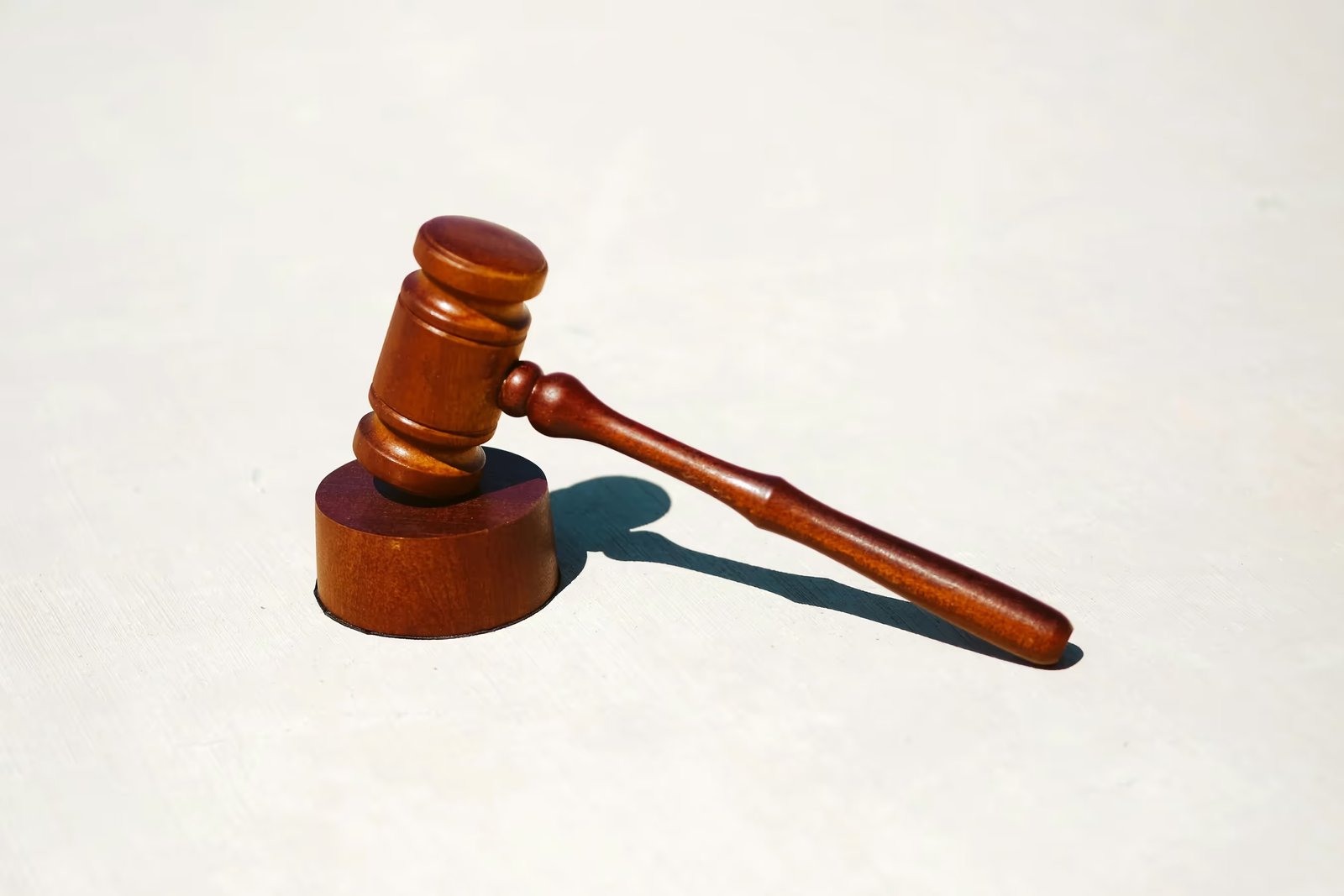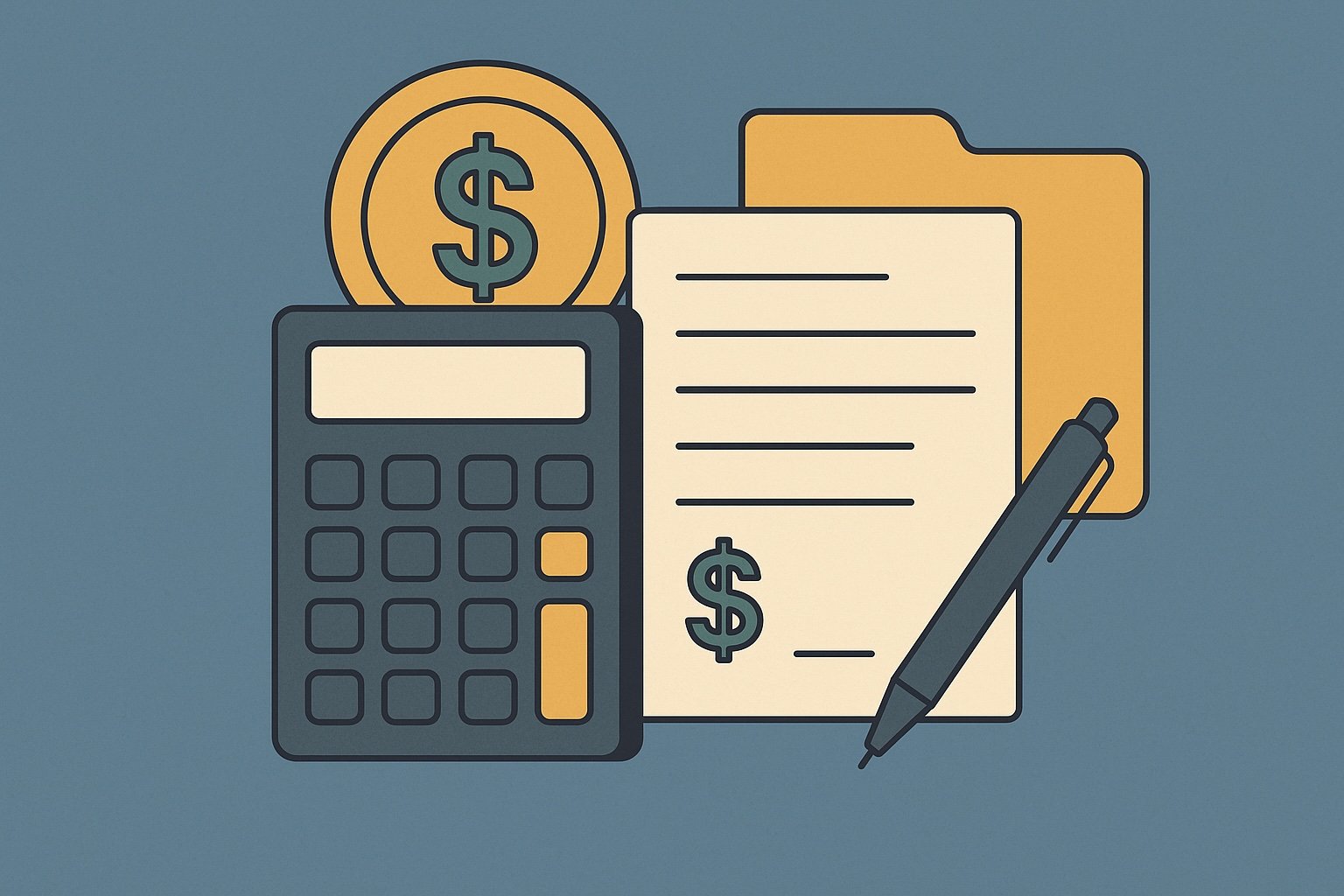Question
ARTE's Answer
When considering a 1031 exchange, it's crucial to evaluate whether it aligns with your financial goals and tax strategy. While 1031 exchanges offer significant tax deferral benefits, there are situations where it might be more advantageous to avoid them. Here are some scenarios where you might want to reconsider a 1031 exchange:
- Recognizing a Loss: If the sale of your investment property results in a net loss, it might be beneficial to recognize that loss immediately on your tax return. A 1031 exchange defers both gains and losses, so if you structure the sale as an exchange, you won't be able to claim the loss in the current tax year. Recognizing the loss could provide immediate tax benefits, especially if you have other taxable income that the loss could offset.
- Need for Liquidity: If you require immediate cash from the sale of your property, a 1031 exchange might not be suitable. The exchange requires reinvesting all proceeds into a like-kind property, which means you won't have access to the cash until you sell the replacement property in a taxable transaction.
- High Transaction Costs: While Deferred.com offers a "No Fee Exchange," saving you money on intermediary fees, other costs associated with buying and selling properties, such as closing costs, commissions, and potential boot (non-like-kind property received), can still be significant. If these costs outweigh the tax deferral benefits, it might be better to sell the property outright.
- Future Tax Rate Changes: If you anticipate being in a lower tax bracket in the future, it might be more beneficial to recognize the gain now rather than deferring it. Tax rates can change, and deferring the gain could result in a higher tax liability if rates increase or if you move into a higher tax bracket.
- Estate Planning Considerations: If you're planning to hold the property until death, your heirs could benefit from a step-up in basis, potentially eliminating the deferred gain. In such cases, a 1031 exchange might not be necessary.
- Complexity and Timing: The 1031 exchange process can be complex, requiring strict adherence to timelines and regulations. If you're not prepared to manage these complexities or if the timing doesn't align with your investment strategy, it might be better to avoid the exchange.
Example Scenario: Let's say you own an investment property that you purchased for $300,000, and it's now worth $500,000. You have a potential gain of $200,000. You consider using Deferred.com as your qualified intermediary for a 1031 exchange to defer the capital gains tax. However, after consulting with your tax advisor, you realize that the property market is volatile, and you might need liquidity soon. Additionally, you have a significant loss carryforward from another investment that could offset the gain if recognized this year. In this case, it might be more beneficial to sell the property outright, recognize the gain, and use the loss carryforward to offset it, rather than deferring the gain through a 1031 exchange.
Ultimately, the decision to engage in a 1031 exchange should be based on a thorough analysis of your financial situation, tax implications, and long-term investment goals. Consulting with a tax professional or financial advisor can provide valuable insights tailored to your specific circumstances.
Have more questions? Call us at 866-442-1031 or send an email to support@deferred.com to talk with an exchange officer at Deferred.
Sources
- Deferring Losses On The Sale of Property Using 1031 Exchanges
- What To Do About Exchange Expenses in a Section 1031 Exchange? (Article)
- Publication 544 (2023), Sales and Other Dispositions of Assets
- TAM 200039005 (Failed Reverse Exchanges)
- Rev. Rul. 2002-83 (Related Party Exchanges)
- Barker v. Comm'r of Internal Revenue
- Goolsby v. Commissioner
- Starker v. United States
1031 Question? Ask ARTE
Deferred's AI 1031 Research Assistant is trained on 8,000+ pages of US tax law and outperforms human CPAs by 22%+
CHAT NOW
Learn More
See more frequently asked questions about 1031 exchanges








